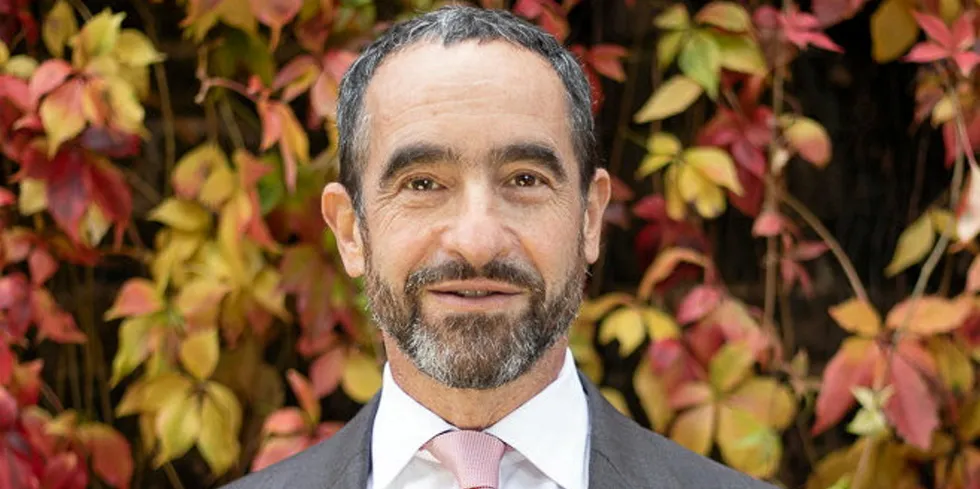'Not going to be a thing' | It will be too expensive to ship hydrogen around the world, says Liebreich
Bloomberg New Energy Finance founder Michael Liebreich says long-distance shipping of green H2 will not make economic sense

Bloomberg New Energy Finance founder Michael Liebreich says long-distance shipping of green H2 will not make economic sense
